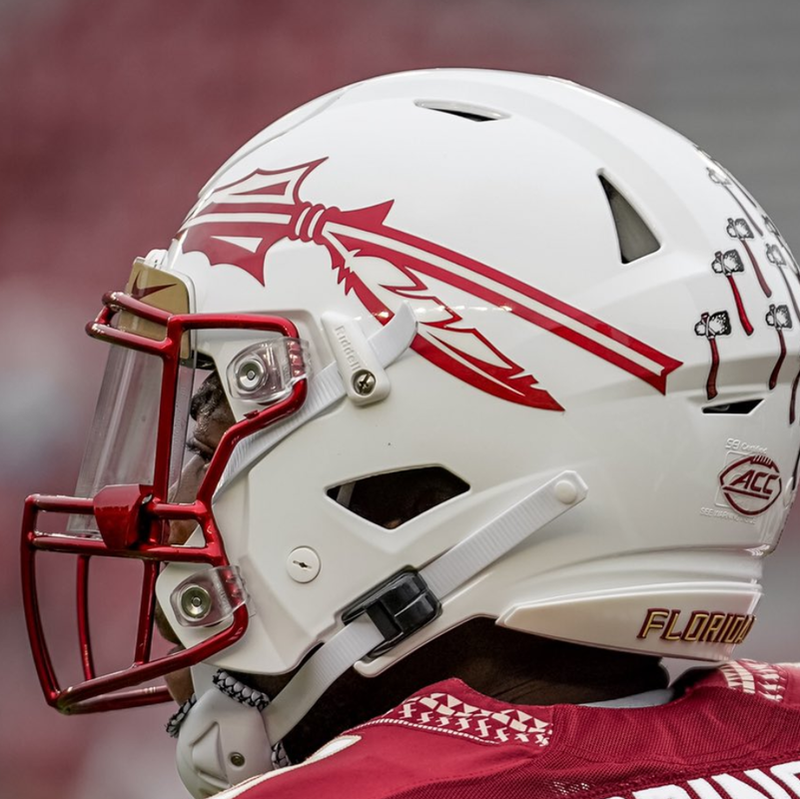Florida State’s growing discontent with the ACC has reached boiling point, with consequences for the conference that could be monumental. The heart of the issue lies in the financial disparities caused by the ACC’s handling of its media rights, a situation that has put FSU at a significant disadvantage compared to its rivals. This emerging rift signals a potential upheaval similar to the one that rocked the Pac-12, shaking the foundations of collegiate athletics.
The crux of the conflict traces back to a controversial media deal orchestrated by former ACC Commissioner John Swofford in 2011. The agreement with ESPN significantly undervalued the ACC’s third-tier rights, costing the conference precious revenue. Swofford’s decision to prioritize a relationship with Raycom, where his son held an executive role, over the financial well-being of the conference members, has been a source of contention.
Equally contentious was the push for the ACC Network. Mismanagement and misleading information about the network’s financial prospects forced member schools to pour millions into preparations, with Florida State facing nearly $4 million in annual deficits as a result. Despite the network’s launch, the expected financial windfall has not materialized to the extent promised, challenging the conference’s financial stability.
FSU’s battle against the ACC’s restrictive policies has escalated, with the school exploring partnerships with private equity firms to potentially finance an exit from the conference. The implications of Florida State’s departure would be far-reaching, robbing the ACC of its most valuable television asset and triggering a domino effect that could see other members seek greener pastures.
Television viewership data underscores Florida State’s pivotal role in the ACC’s marketability. The Seminoles have consistently drawn substantial viewership numbers, elevating the profile of games and, by extension, the conference itself. However, recent expansions aimed at bolstering the ACC’s presence have instead diluted its television appeal, further straining relations within the conference.
The ACC’s future now hangs in the balance, with potential shifts in allegiance brewing among its members. Institutions like North Carolina have begun to publicly question the ACC’s current trajectory, signaling a readiness to explore new opportunities that align with the evolving landscape of collegiate athletics. This situation leaves the ACC at a crossroads, with critical decisions on the horizon that will undoubtedly reshape the conference’s identity and competitiveness in the years to come.


